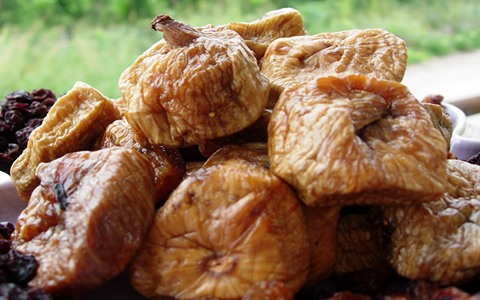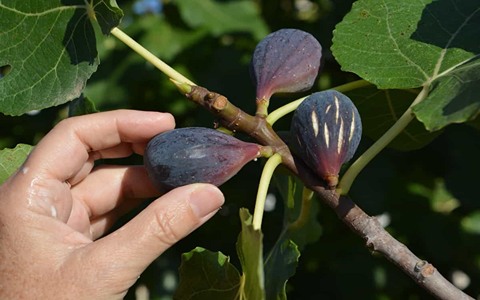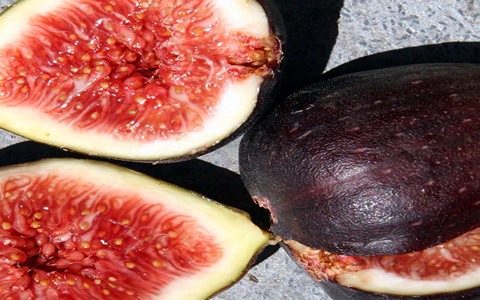Dried figs, also known as higos secos in Spanish, have been consumed for centuries and are highly regarded for their unique taste and nutritional value.
This humble fruit offers a plethora of health benefits, but it's equally crucial to be aware of any potential contraindications.
In this article, we will delve into figs for digestion, the properties, benefits, and contraindications associated with dried fig consumption.

Nutritional Profile
Dried figs are nutrient-dense, making them an excellent addition to a well-balanced diet.
They are a rich source of dietary fiber, vitamins, minerals, and antioxidants.
A 100-gram serving of dried figs provides approximately 250 calories, 3.3 grams of protein, 10 grams of fiber, and a wealth of essential minerals such as potassium, magnesium, calcium, and iron.
Health Benefits
1. Digestive Health: The high fiber content in dried figs aids in maintaining regular bowel movements and preventing constipation.
Additionally, the natural enzymes in figs support healthy digestion.
2. Weight Management: Incorporating dried figs into a balanced diet may aid in weight management.
The fiber content promotes satiety, helping to control appetite and prevent overeating.
3. Heart Health: Dried figs contain potassium, a mineral that plays a vital role in maintaining healthy blood pressure levels.

Adequate potassium intake, coupled with a low sodium intake, may reduce the risk of hypertension and cardiovascular diseases.
4. Bone Health: Dried figs are a good source of calcium and magnesium, both of which contribute to maintaining optimal bone health.
Proper calcium and magnesium intake can help prevent conditions like osteoporosis and promote healthy bone development.
5. Antioxidant Properties: Dried figs are rich in antioxidants, such as phenols and flavonoids, which help neutralize harmful free radicals in the body.
Antioxidants play a crucial role in reducing the risk of chronic diseases and inflammation.

Contraindications and Precautions
While dried figs offer numerous health benefits, it is crucial to be mindful of the following contraindications:
1. High Glycemic Index: Dried figs have a high glycemic index, meaning they can cause a rapid increase in blood sugar levels.
Individuals with diabetes or those seeking to regulate their blood sugar should consume dried figs in moderation and monitor their glycemic load accordingly.
2. Allergies: Some individuals may have allergies to figs, resulting in adverse reactions like skin rashes, itching, or gastrointestinal discomfort.
If you have a known allergy to figs or other fruits, it is best to consult a healthcare professional before including dried figs in your diet.
3. Kidney Stones: Dried figs, like most fruits, contain oxalates, which can contribute to the formation of kidney stones in susceptible individuals.
Those with a history of kidney stones should exercise caution and consult a healthcare professional before increasing their consumption of dried figs.

Conclusion
Dried figs, with their delicious taste and diverse nutritional profile, can be a valuable addition to a healthy diet.
They offer various health benefits, including improved digestion, weight management, heart health, bone health, and antioxidant protection.
However, it is essential to be aware of the potential contraindications, such as the high glycemic index and the impact on certain medical conditions.
As with any dietary change, it is recommended to seek advice from a healthcare professional to ensure suitability and moderation in consumption.
